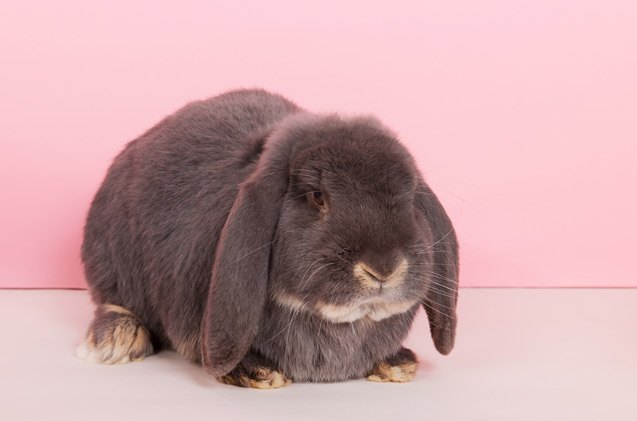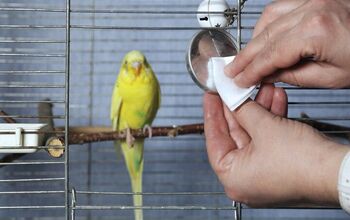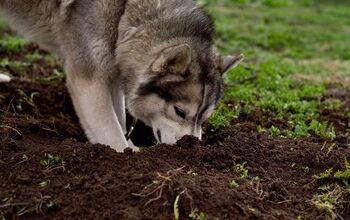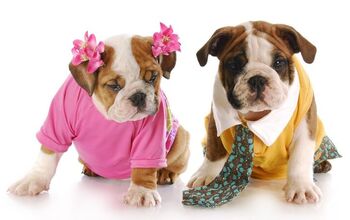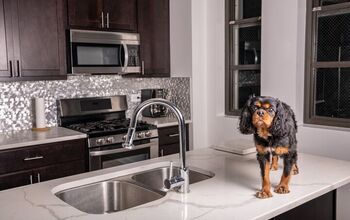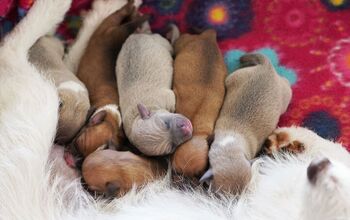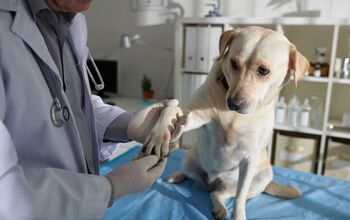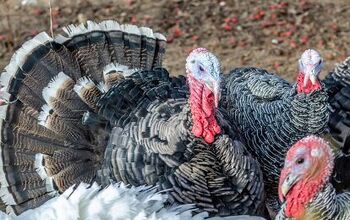Meissner Lop


About Meissner Lop
The Meissner Lop is one of the oldest German rabbit breeds, but it is so rare today that is considered endangered. This breed got it start in 1900, when Leopold Reck, from Meissner (hence the name), decided to breed a large rabbit with a silvery fur, which was quite popular at the time. Although the true origin of the Meissner Lop rabbit is unknown, it is believed that it is the results of crossing French Lop with Mini Silver Rabbit.
Even though it’s not commonly found today, there are many breeders interested in preserving this stunning rabbit breed. Meissner Lop is mostly bred in Europe, and it is recognized by The British Rabbit Council (BRA).
A rare and beautiful breed, Meissner Lop rabbits are an excellent choice for a pet, as they have great, lively personality and sweet nature.
Considered to be medium to large sized, Meissner Lop rabbits weigh from 7.5 to 10 lbs. Apart from their unique shimmery coat, these rabbits share most of their physical traits with other lop rabbits. Their body type is compact, and their bodies are stocky, slightly stretched, with arched, well rounded back. Meissner Lop rabbits have a rounded head with the distinct long ears that fall to the sides of their head.
Meissner Lop rabbits have a beautiful, soft fur. Their coats are very dense, with plenty of guard hair, and of medium length- their hair is around 3 centimeters long. But the most distinctive quality of Meissner Lop’s coat is the silver ticking, which gives it a shimmery, shiny effect. None of the other Lop breeds display this silver dusting, which makes this breed unique. Their fur is easy to groom and doesn’t require any special attention, except during the molting season, when these rabbits should be brushed more often, to help them with shedding and prevent hair from ending up in their digestive tract.
The Meissner Lop rabbit comes in all self colors, but only four of them are recognized- black, blue, yellow and Havana. Black and Blue Meissner Lops are the most common, while other colors are rarely found, due to their diminished numbers. Regardless of the color of the coat, their fur is always silvered evenly throughout the body (less so on the ears and legs), giving the hair a mesmerizing sheen.
Meissner Lop rabbit is unique among the lop breeds because of their silver-dusted hair.
When it comes to living conditions, Meissner Lop rabbits are no different than other breeds. They can be kept indoors or outdoors, provided that all their needs are met, but, if you want to keep this breed as a family pet, it’s best to keep them in your home. That way, the rabbit can socialize better with his family and will be much friendlier to people.
In both cases, your bunny will need a proper enclosure to spend their time in. Due to their size, Meissner Lop rabbits will require a relatively large enclosure, in which they can lounge around, stretch their legs and sit. The floor of the hutch or the enclosure should be lined with rabbit-friendly bedding, which is to be cleaned daily and replaced entirely every week.
Meissner Lop rabbits are well known as lively and friendly, and they need to be let out of their enclosures each day for some quality playtime. However, when you allow your bunny outside, whether in your yard or indoors, you need to make sure to create a safe environment for them. Inside your home, you’ll need to rabbit-proof everything, hiding or removing any items that could hurt them or that they could damage, like electric cables or dangerous foods. In the outdoor areas, their playing space needs to be fenced and protected from potential predators.
Their diet is the same as that of any other rabbit. They require a lot of hay, with the addition of pellets, fruits, and veggies and a constant source of fresh water. Meissner Lop rabbits are known as good feeders, so they are not usually picky and have a healthy appetite.
Meissner Lop rabbits don’t have any hereditary diseases or breed-specific health issues, but they do need proper care to lead long and healthy lives. The most common problems that affect all rabbit breeds are overgrown teeth, GI stasis, and viruses such as myxomatosis (prevented by vaccination).
Rabbit’s teeth continuously grow throughout their life, so it’s essential to provide them with a way to grind them down. This means you’ll need to feed them a lot of roughage, like hay, which helps their teeth stay in good shape. But, rabbits don’t only nibble on hay and carrots. They are big on grooming themselves, which often leads to hairballs getting stuck in their digestive tract. Since rabbits can’t vomit the hair out (like cats), the hair blocks their intestines, which, if left untreated, can have fatal consequences. To prevent this, groom your bunny regularly and watch out for any warning signs- constipation, lethargy, loss of appetite or poop connected by strands of hair.
Unless you plan on breeding your rabbits, you should consider spaying or neutering. It’s a simple, routine procedure that will make them more calm and docile, prevent potential problems with reproductive organs, and eliminate the possibility of urine marking.
Playful, sweet, and friendly, these rabbits make lovely family pets.
Not unlike all Lop breeds, Meissner Lop rabbits are friendly, affectionate and sweet-tempered. However, Silver Rabbits are a part of their ancestry, which means these bunnies are more active and lively than other lop rabbits. They will need to be let out of their enclosures each day, because they like to roam about and spend all that energy. Meissner Lop rabbits love playing, so bunny toys and some quality playtime with their owner is all they need to be happy. They enjoy attention and being petted and make great pets for singles or seniors.
As they have a good character and are relatively calm, they can be an excellent choice for families with older children, as well. However, it is important to educate your kids how to safely handle a rabbit, to prevent injuries or accidents.
If you plan on keeping a rabbit as a pet in your apartment or house, litter training them will make things much easier for both you and them. Even though rabbits are not as easy to potty train like, say, cats, with a little patience and effort they can be taught to “do their business” in a designated area.
Photo credit: Infinity T29/Shutterstock; Ivonne Wierink/Shutterstock; minniemayme/Shutterstock

A proud mama to seven dogs and ten cats, Angela spends her days writing for her fellow pet parents and pampering her furballs, all of whom are rescues. When she's not gushing over her adorable cats or playing with her dogs, she can be found curled up with a good fantasy book.
More by Angela Vuckovic



